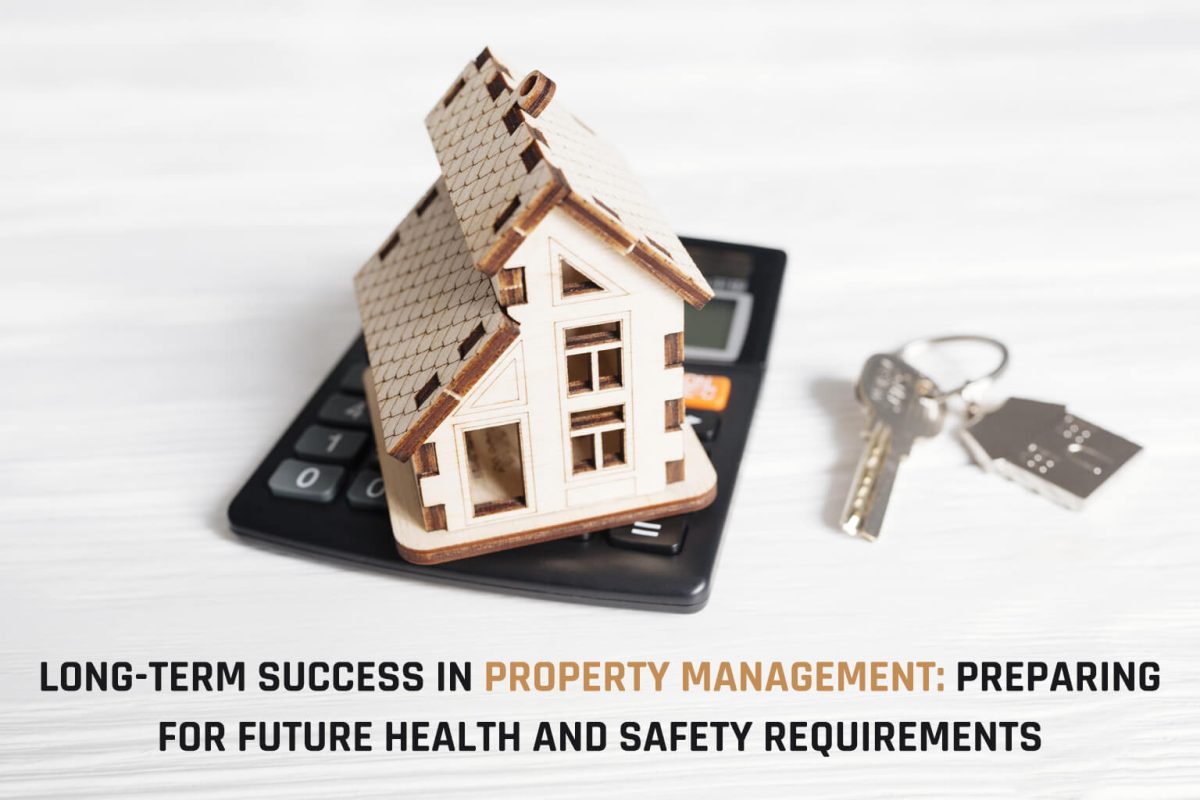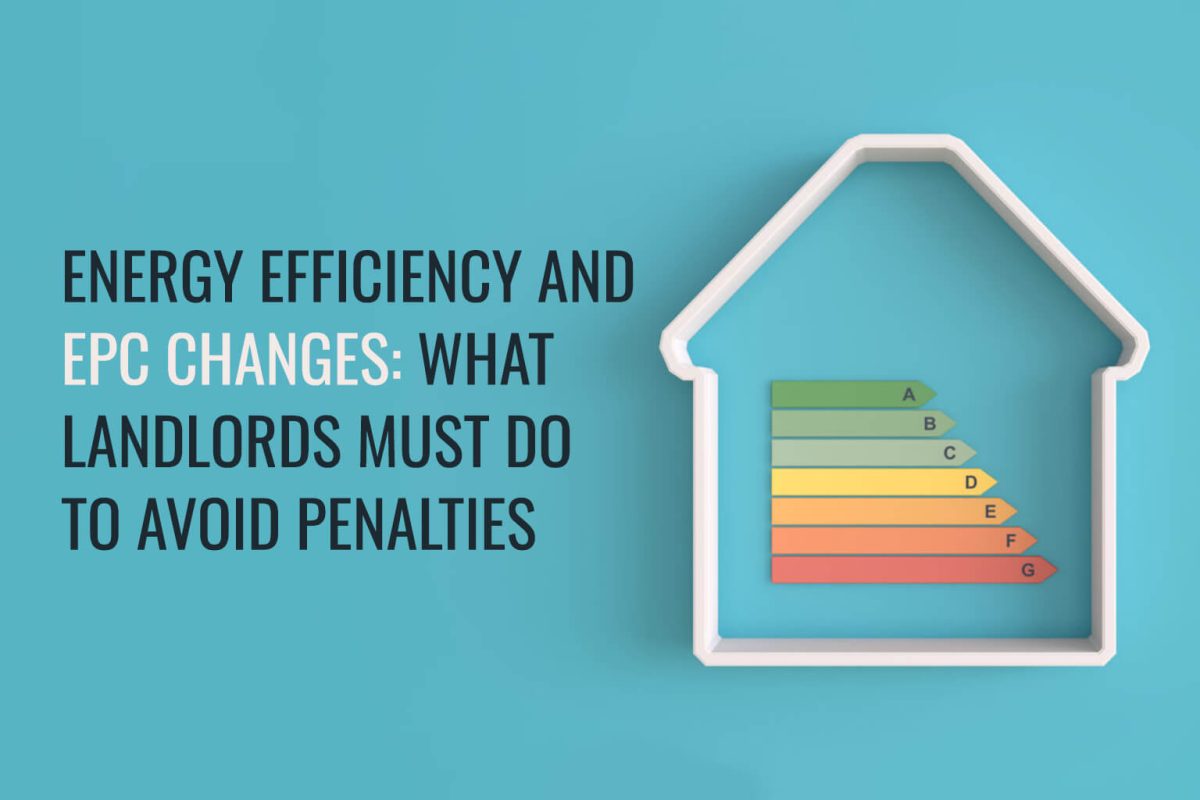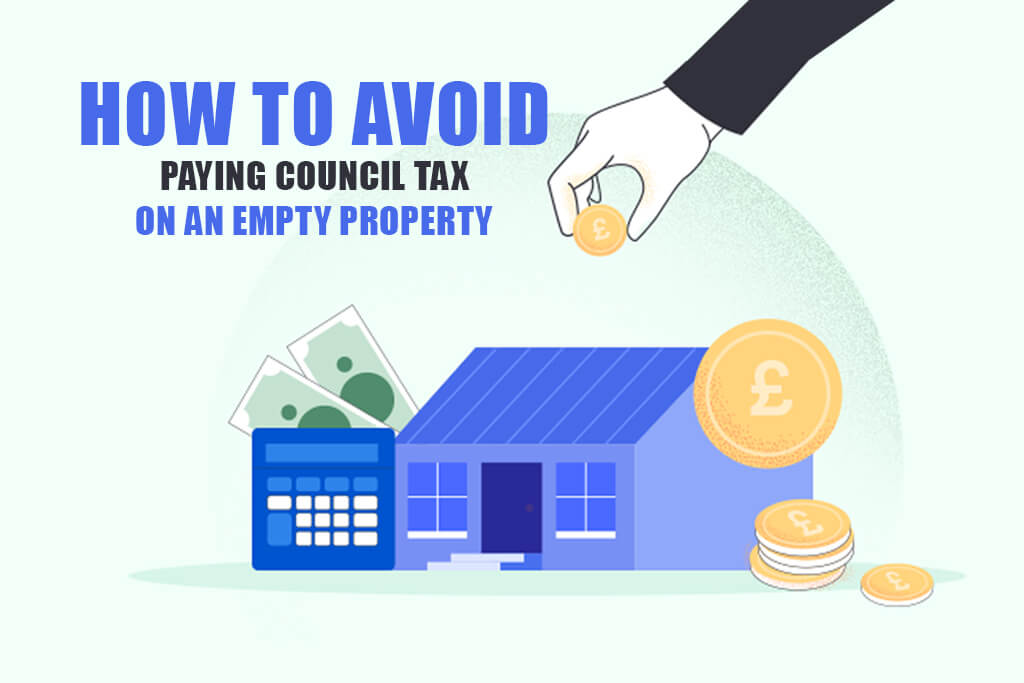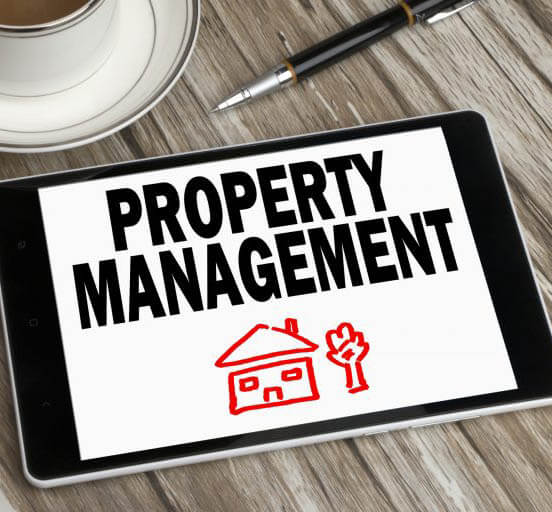When managing multiple properties, estate agents wear many hats. From tenant communications to maintenance coordination, the to-do list never seems to end. But what if there were a way to ease some of the burden—while adding value to both landlords and tenants? Roofing companies might not be the first thing that comes to mind, but they can be one of your most valuable partners. Could outsourcing roof maintenance and inspections give your agency a competitive edge? Let’s explore how estate agents can work smarter—not harder—by collaborating with trusted roofing professionals. Why Roofing Matters More Than You Think A roof does...
Read MoreTag: property management
Long-Term Success in Property Management: Preparing for Future Health and Safety Requirements
Property management is a dynamic field that constantly evolves to meet the changing needs of tenants, landlords, and regulatory bodies. One area that has seen increased scrutiny in recent years is health and safety. With new legislation and expectations on the horizon, property managers must be proactive in preparing for future health and safety requirements to ensure long-term success. In this blog, we will explore key strategies to help estate agents and property managers in the UK, especially those in areas like Reading, adapt to these future demands. By focusing on the evolving health and safety landscape, you can ensure...
Read MoreEnergy Efficiency and EPC Changes: What Landlords Must Do to Avoid Penalties
As sustainability becomes a key concern in property management, energy efficiency is taking centre stage in the UK housing market. One critical aspect of this is the Energy Performance Certificate (EPC), which rates how energy-efficient a building is on a scale from A (most efficient) to G (least efficient). Recent changes to the legislation regarding EPC standards are creating new challenges for landlords, and those who fail to meet these regulations could face penalties. In this blog, we’ll explore the changes to EPC standards, what landlords must do to comply, and the potential penalties for those who don't. We will...
Read MoreHow to Avoid Paying Council Tax on an Empty Property
Understanding Council Tax Council tax is a local tax set by the council and applies to all residential properties. The amount depends on your property's value, whether it's a house for sale or an occupied residence. Generally, the more valuable your property, the higher the council tax. Even if a property is unoccupied, owners are usually required to pay council tax. Council Tax on Empty Properties If you own an empty property, council tax is still applicable. However, some councils offer discounts or exemptions for certain circumstances. For instance, properties that have been empty for two years or more might...
Read MoreHow much do Letting Agents Charge to Manage a Property in Edinburgh
Being a landlord is a great self-investment that comes with a lot of responsibility, at least if you are looking for a return on investment. If you wish to have a stress-free renting journey you must brace yourself for tenant complaints, leaks, non-payments and also keep abreast of the letting laws, health and safety requirements. However, if you do not wish to go through this, then passing these responsibilities to a letting agent might be the smart thing to do. But, what is the agent fee for selling property, Edinburgh? Well, property management involves a wide range of services. It...
Read More



